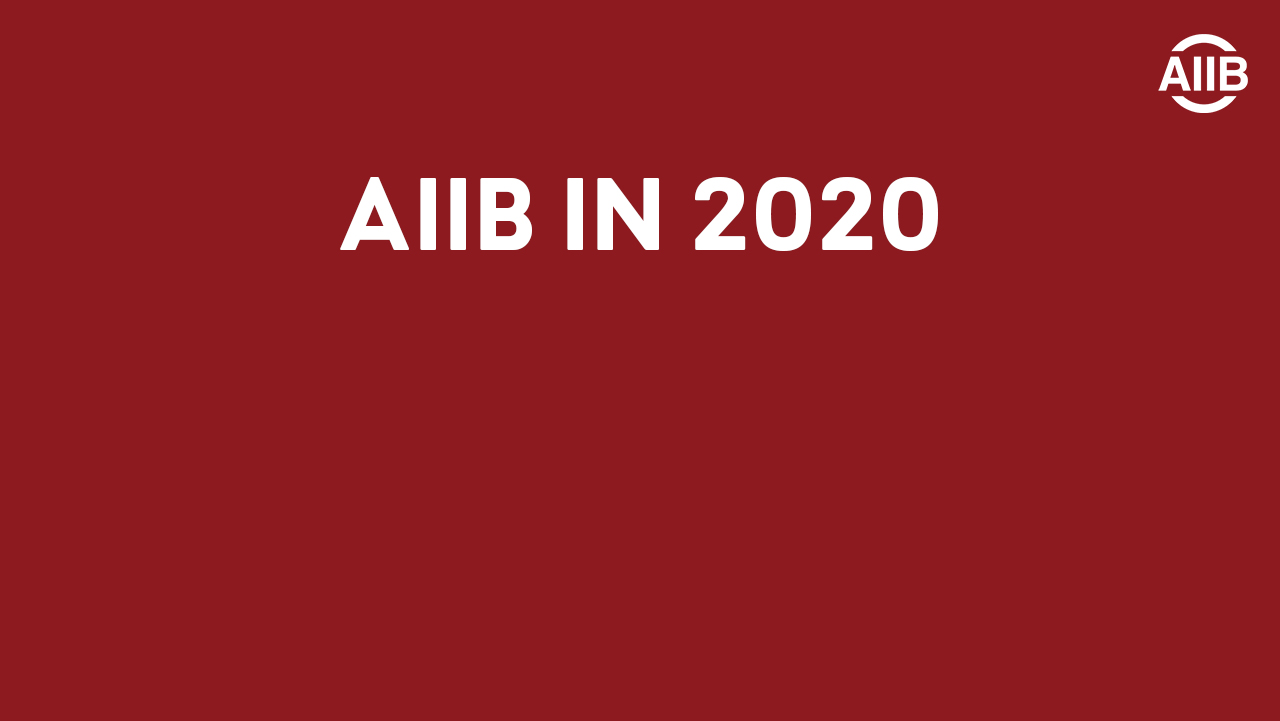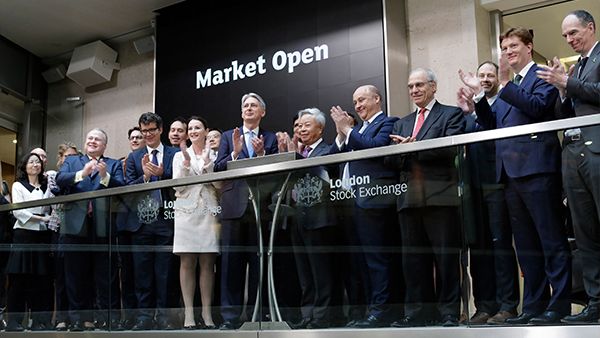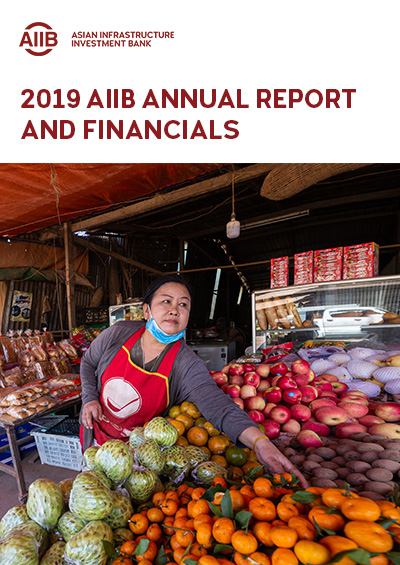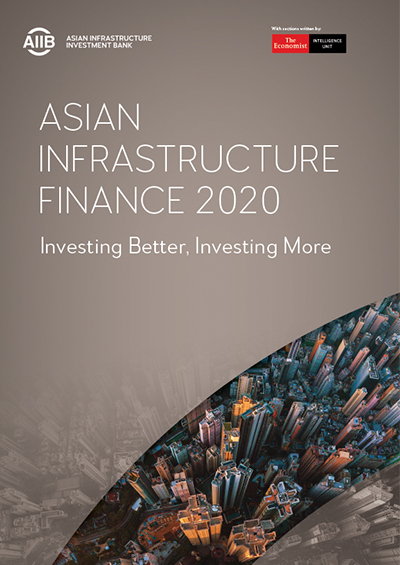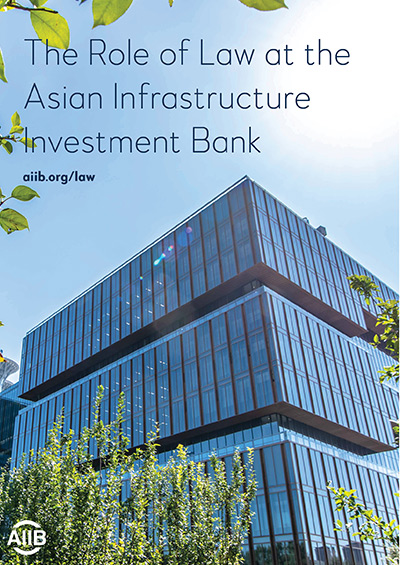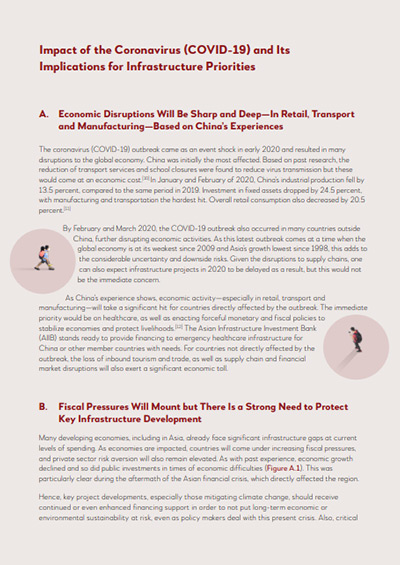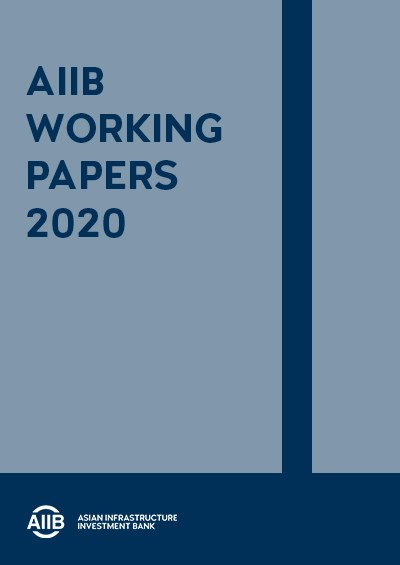
WHO WE ARE
WHAT WE DO
- INFRASTRUCTURE FOR TOMORROW
- Overview
- Green Infrastructure
- Connectivity and Regional Cooperation
- Technology-enabled Infrastructure
- Private Capital Mobilization
- Investing in Climate Action
- Gender and Infrastructure
- PROJECTS
- Project Summary
- Project List
- PROJECT STATUS
- Approved Projects
- Proposed Projects
- On Hold
- Terminated/Cancelled Projects
- FINANCING TYPE
- Sovereign Projects
- Nonsovereign Projects
- SPECIAL FUNDS RESOURCES
- Overview
- Project Preparation Special Fund
- Special Fund Window for Less Developed Members
- Project-Specific Window
- Green Climate Fund Special Fund
- Global Infrastructure Facility Special Fund
- Multilateral Cooperation Center for Development Finance Special Fund
- Pandemic Fund Special Fund
- Approved Special Funds Grants
- INSIGHTS AND PUBLICATIONS
- AIIB Blog
- Annual Reports
- Asian Infrastructure Finance
- Sustainable Development Bonds Impact Reports
- AIIB Carbon Footprint Reports
- Ethics Office Annual Reports
- Partnerships Report
- COVID-19 Economic and Infrastructure Insights
- Working Papers
- APPROACH TO EMERGENCY RESPONSE
- Introduction
- COVID-19 Crisis Recovery Facility
- CLIMATE-FOCUSED POLICY-BASED FINANCING
- Introduction
HOW WE WORK
- ACCOUNTABILITY
- Complaints-resolution, Evaluation and Integrity Unit
- Project-affected People's Mechanism
- Debarment List
- Fraud and Corruption
- PUBLIC CONSULTATIONS
- Project-affected People's Mechanism Policy Review
- CIVIL SOCIETY ENGAGEMENT
- Overview
- PARIS ALIGNMENT
- Overview
- Climate Action Plan
- COMPLIANCE
- Overview
- BUSINESS PLAN AND STRATEGIES
- AIIB Corporate Strategy
- Business Plan Summaries
- AIIB Results Architecture
- Energy Sector Strategy: Sustainable Energy for Tomorrow
- Strategy on Mobilizing Private Capital for Infrastructure
- Strategy on Financing Operations in Non-Regional Members
- Transport Sector Strategy
- Sustainable Cities Strategy
- Strategy on Investing in Equity
- Water Sector Strategy
- Digital Infrastructure Sector Strategy
- Health Strategy
- POLICIES AND DIRECTIVES
- Policy on Public Information
- Asset Liability Management Policy
- General Conditions for Sovereign-backed Loans
- Learning and Evaluation Policy
- Operational Policy on Financing
- Operational Policy on International Relations
- Policy on Prohibited Practices
- Policy on the Project-affected People’s Mechanism
- Procurement Policy for Projects
- Policy on Corporate Procurement
- Policy on Personal Data Privacy
- Rules and Regulations of the Project Preparation Special Fund
- Rules and Regulations of the Special Funds Window
- Rules and Regulations of the Project Specific Window
- Sovereign-backed Loan and Guarantee Pricing
- Directives
WORK WITH US
- BUSINESS OPPORTUNITIES
- Project Procurement Opportunities
- Corporate Procurement Opportunities
- AIIB LEARNING SPACE
- E-learning Modules
- MANAGE MY PORTFOLIO
- AIIB Client Portal
- AIIB+
- SUBMIT A PROPOSAL
- Project Financing Application


